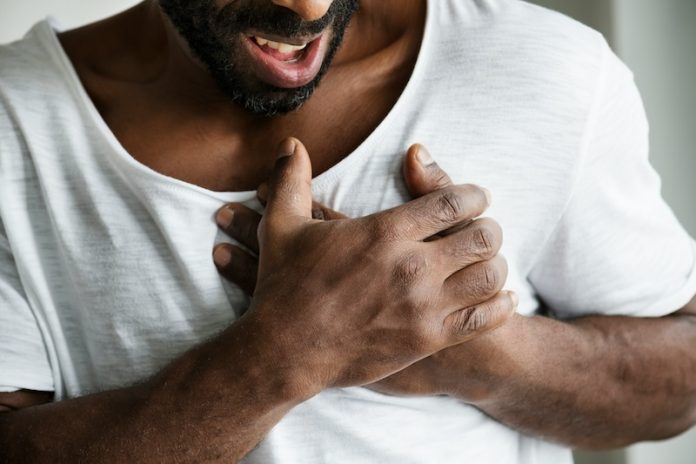
Imagine you’re by yourself when you suddenly feel a crushing pain in your chest. It spreads to your arm and jaw, making you lightheaded and short of breath. You realize you might be having a heart attack. What you do next could mean the difference between life and death.
Most people don’t think about how to survive a heart attack when alone, but knowing the right steps can save your life. Acting quickly is crucial because a heart attack happens when blood flow to the heart is blocked, preventing oxygen from reaching the heart muscle. If not treated in time, parts of the heart can die.
Recognizing the Signs
A heart attack isn’t always the dramatic chest-clutching event seen in movies. Symptoms can be subtle or unusual, especially in women. Be alert for:
- Chest pain or tightness
- Pain in one or both arms, back, neck, jaw, or stomach
- Shortness of breath
- Cold sweat
- Nausea or vomiting
- Feeling lightheaded or dizzy
If you experience these symptoms, don’t wait. Every second counts.
What to Do Immediately
Call for Help
The first and most important step is to call emergency services right away. Do not assume the pain will pass. Medical treatment within the first hour—often called the “golden hour”—dramatically improves survival rates. If you can’t dial yourself, use a smart device or voice assistant to call for help.
Chew an Aspirin
If you have aspirin and are not allergic, chew a 325 mg tablet. Chewing speeds up absorption, helping to thin the blood and reduce the size of any clots that might be blocking blood flow to the heart. However, aspirin should only be taken during a suspected heart attack, not as a daily preventive measure unless prescribed by a doctor.
Stay Calm and Rest
Stress and panic make the heart work harder, which can worsen the situation. Sit down in a comfortable position, preferably slightly reclined, and focus on slow, steady breathing. Avoid lying flat, as this can make breathing more difficult.
What NOT to Do
Don’t Ignore Symptoms. Even if symptoms seem mild, waiting too long can lead to severe damage or death. It’s always safer to seek medical help.
Don’t Drive Yourself to the Hospital. You could lose consciousness or worsen your condition while driving, putting yourself and others in danger. Paramedics can begin life-saving treatment before you even reach the hospital.
Don’t Take a Shower or Bath. Sudden temperature changes can stress the heart further and worsen symptoms.
Why Quick Action Matters
A study published in the Journal of the American Heart Association highlights the importance of the first hour after symptoms begin. Getting treatment quickly can significantly reduce heart damage and increase survival chances. Many people hesitate or dismiss early warning signs, but immediate action is crucial.
Be Prepared
Since heart attacks can happen unexpectedly, it helps to be ready:
- Keep emergency numbers saved on your phone and easily accessible.
- Learn the symptoms so you can recognize them early.
- Talk to your doctor if you have risk factors like high blood pressure, diabetes, or a family history of heart disease.
If you ever face this situation alone, remember: call for help, chew an aspirin, and stay as calm as possible. Acting fast can save your life.
If you care about heart health, please read studies that vitamin K helps cut heart disease risk by a third, and a year of exercise reversed worrisome heart failure.
For more health information, please see recent studies about supplements that could help prevent heart disease, stroke, and results showing this food ingredient may strongly increase heart disease death risk.
Copyright © 2025 Knowridge Science Report. All rights reserved.



